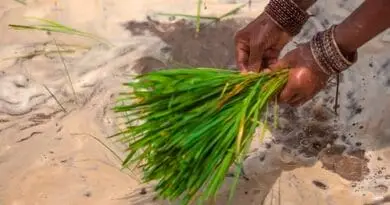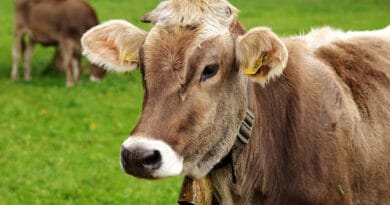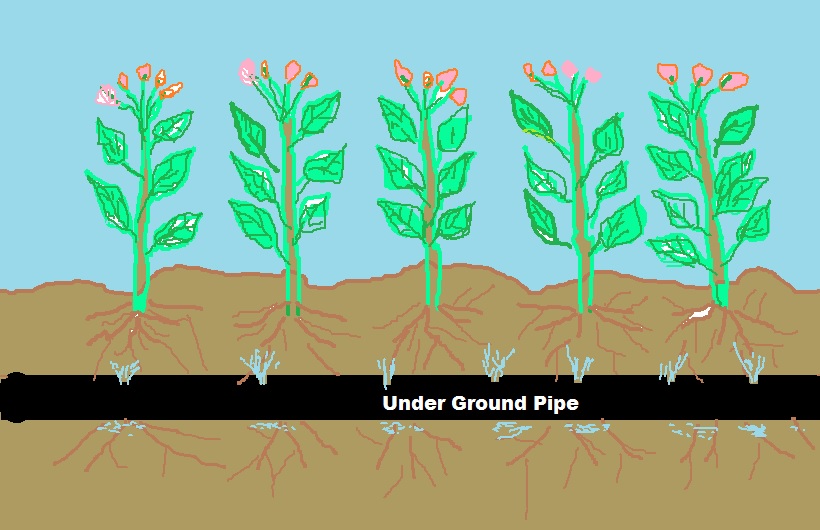How to Make Beejamrit : A Natural Remedy for Sustainable Farming
India is a country rich in natural resources where there are many seasons, different types of soil, and abundant sunlight. Our traditional knowledge is supernatural. We need to use our ancient knowledge in our farming to make it sustainable and safe for the environment. Among these, the indigenous technology that is being used in traditional farming is Beeja mrit.
Beejamrit is a native, versatile, organic mixture for seed treatment, which is making its special place among farmers and gardeners. Beejamrit acts as an effective bio-fertilizer and insect repellent, which increases seed germination and protects young plants from harmful soil-borne and seed-borne pathogens.
What is Beehamrit?
Beejamrut is a technique of seed treatment using locally available materials like cow urine and cow dung from the local indigenous cow.
Ingredients required for making Beejamrit:
| Ingredient | Importance | Quantity/100 kg of seeds |
| Cow dung | The base of Jeevaamrit, rich in micro-organisms, decomposes the organic material and releases micronutrients in the soil | 5 kg |
| Cow urine | Sources of nitrogen and growth – Promoting hormones help in controlling seed-borne and soil-borne pathogens | 5 liters |
| Water | Act as a dissolving medium for the ingredients | 20 liters |
| Lime | Neutralize soil acidity due to its alkaline properties. It helps in the absorption of nutrients | 50 grams |
| Soil | It provides the native microbes | 50 gms |
Method of Making Beejamrit:
- Wrap five kilograms of Desi cow dung in a cotton cloth.
- Dip the 5 kg of cow dung that has been wrapped in fabric into a bucket of 20 liters of water.
- To allow the cow dung extract to enter the water, leave it for 12 to 16 hours.
- Put 50g of lime and 1 liter of water in a different container.
- Now combine the two formulations mentioned above and add 50 grams of rhizospheric soil.
- After adding five liters of cow urine, let the mixture sit for eight to twelve hours.
- Beejamrit is now prepared for seed treatment.
Method of using Beejamrit:
Apply Beejamrit to any crop’s seeds, mix them by hand, let them dry completely, and then plant them. Always place leguminous and other plant seeds with thin seed coats in bamboo baskets. Then, just dip the seeds in beejamrit solution and let them dry in the shade.
Benefits of Beejamrit:
- Beejamrit increases the ability of seed germination
- It increases the immunity to fight diseases
- It is effective in protecting young roots from fungus as well as soil-borne and seed-borne diseases.
- It costs very little to make it.
- Soil plants have highly developed roots and stems.
- Plant roots are quickly and well established.
- Additionally, it increases the seeds’ chances of germination.
- This incredible organic treatment shields roots from fungus and pests while accelerating their growth.
Read further:
Organic Crop Production Certification Process in India
How to Make Jeevamrit: A Natural Remedy for Sustainable Farming



